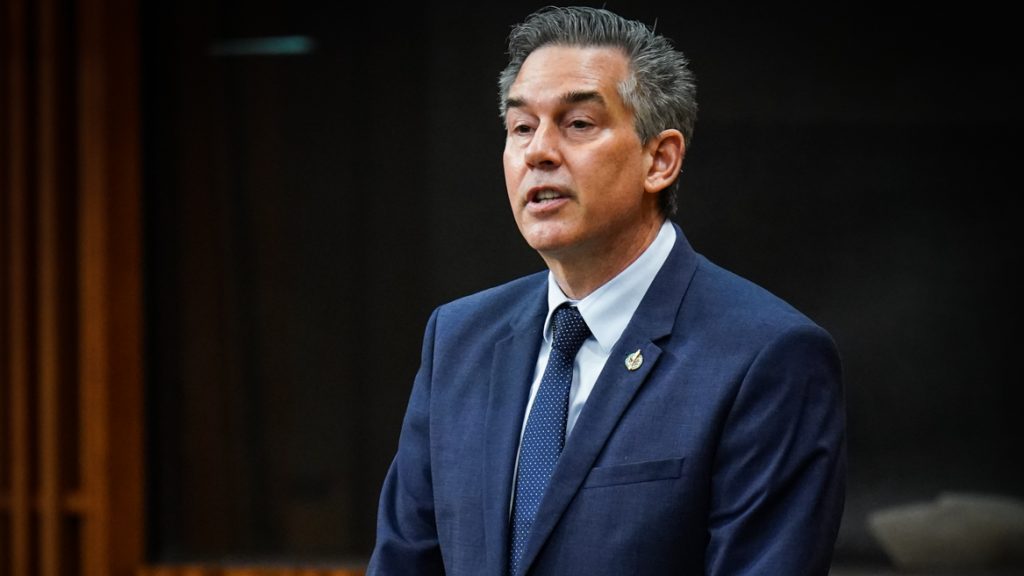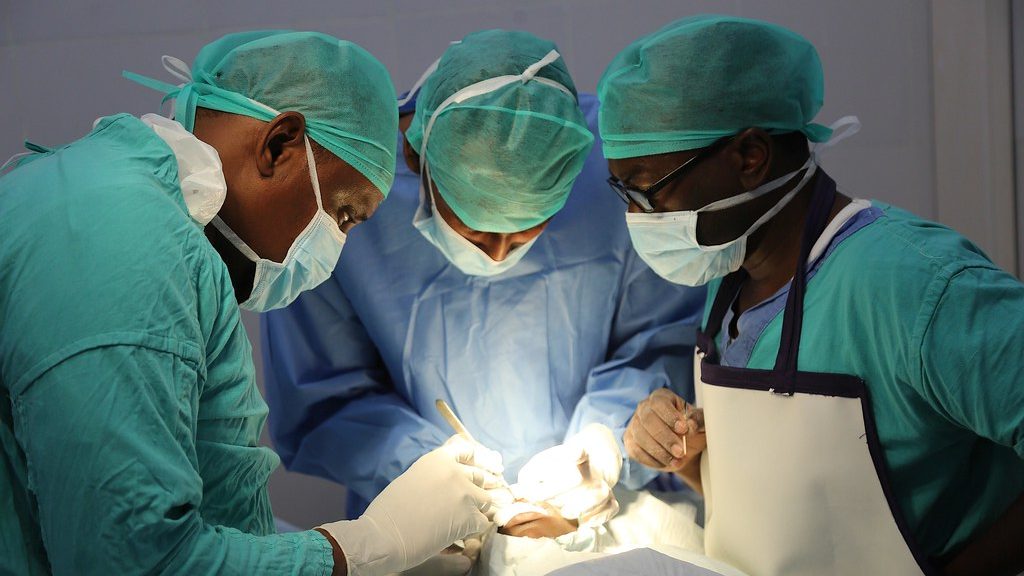San Francisco Opera stages world premiere of Mark Adamo’s take on Mary Magdalene
Posted Jun 21, 2013 03:14:08 PM.
This article is more than 5 years old.
SAN FRANCISCO – Best known for his modest chamber opera “Little Women,” composer Mark Adamo was looking for a more ambitious project to tackle when he happened upon a magazine article about Mary Magdalene.
“I had been thinking if I was going to do a grand opera, I didn’t want it to be “The Summer I Lost My Kitten” blown up with a large orchestra,” Adamo said in an interview. “It needed to be a big subject, something that was authentically better in a big theatre.”
The result, which had its world premiere at the San Francisco Opera on Wednesday night, is “The Gospel of Mary Magdalene,” a radical retelling of the biblical story of Jesus. It’s about as large-scale as new operas come these days, with a cast of 19 soloists, 48 choristers and an orchestra of 65 musicians.
Adamo, a gay man and son of a divorced mother, was raised as a Catholic but struggled with the church’s strict views on sexuality. He said a 2006 article by Joan Acocella in The New Yorker struck a chord with him in tracing how over the centuries the shadowy figure of Mary Magdalene had been turned into a repentant prostitute and then (notably in Dan Brown’s bestseller “The Da Vinci Code”) re-imagined as Jesus’ wife.
“I started to see it as the story of a woman who is overvaluing her sexual relationships and a guy who for his own complicated family history doesn’t want to hear anything about sexuality at all,” Adamo said. “Neither of these people is unknown to us as moderns.”
He sent his idea to David Gockley, head of the San Francisco Opera and the man who while running the Houston Grand Opera had commissioned Adamo’s two previous stage pieces, “Little Women,” and an adaptation of Aristophanes’ “Lysistrata.”
“It took some time for me to come on board,” Gockley said. “But I eventually came to see it as a wonderful subject for an opera.”
He did, however, expect the subject matter would prove controversial and has been surprised at the lack of protest.
“There has been scarcely a ripple from the organized faiths for a piece that debunks the virgin birth, the resurrection, and the celibacy of Jesus,” Gockley said. “Just a few people at some of our community outreach events who have stood up and said, ‘How dare you!'”
The opera is one of three recent theatrical works to re-examine the role of women in the gospels. John Adams’ oratorio, “The Gospel According to the Other Mary,” depicts Mary Magdalene in both biblical and modern settings, and Colm Toibin’s play “The Testament of Mary,” portrays the Virgin Mary as an embittered woman who doubts her son’s immortality.
Adamo thinks all these works are part of a healthy reaction against religious orthodoxy that tends to portray women as subservient and carrying the burden of sin for human sexuality.
The composer did a year of research before crafting his own libretto (which is studded with a staggering 116 footnotes that cite biblical and scholarly sources), then spent two years writing the music. He calls the score “probably the least dissonant, most tonal thing I’ve done.”
On opening night, the near-capacity audience gave Adamo a warm, if not ecstatic, ovation. On first hearing, “Gospel” seems hampered by long stretches of theological argument not sufficiently brought to life through the characters or music. Mezzo soprano Sasha Cooke was a radiant and vocally commanding Magdalene, but baritone Nathan Gunn as Jesus (Yeshua in this version) sounded underpowered and seemed dramatically passive.
The first reviews have been mixed to negative. Joshua Kosman in the San Francisco Chronicle said the opera “burns with the fervour of an artist championing a cause,” but said “the result is effective only up to a point.” Anthony Tommasini in The New York Times was harsher, calling the piece “disappointing” and characterizing the music as “languid and lyrically meandering.”
Ahead of the opening, Adamo and Gockley were hopeful that other companies might want to produce “Gospel,” though none had made a commitment. The $3.1 million production cost represents a huge investment for a company that — like most opera companies — has been struggling to balance its budget.
By contrast, Adamo’s “Little Women,” based on the beloved Louisa May Alcott novel, uses no chorus and calls for an orchestra of just 18 instrumentalists. The fact that it can be performed on a shoestring budget has contributed to its popularity: Since the premiere in 1998, there have been more than 80 productions at regional houses and conservatories.
Still, Adamo is unapologetic about the size of his new work.
“Why can’t an opera be both grand and new?” he said. “Why not write a piece that a big house can do better than a smaller one? Those houses need new work too, or else they’ll turn into museums or skating rinks.”
“Gospel” continues in repertory through July 7, along with Mozart’s “Cosi fan tutte” and Offenbach’s “The Tales of Hoffmann.”










